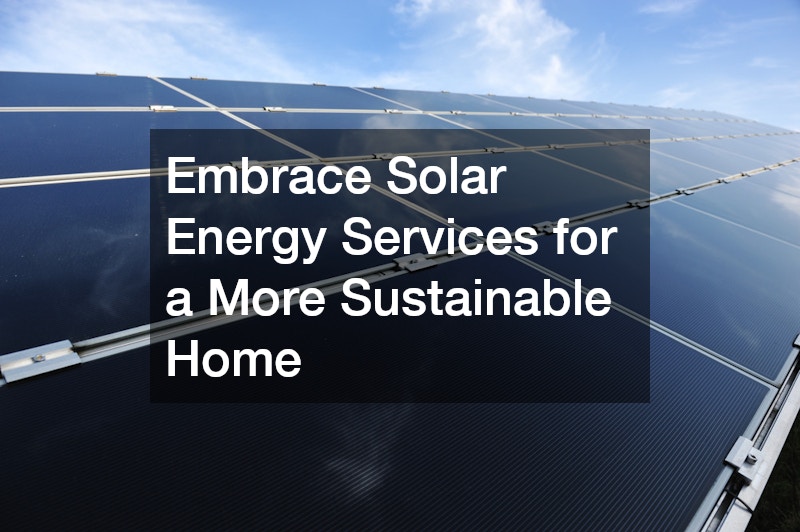As energy costs continue to rise and environmental concerns become more pressing, the importance of energy efficiency in air conditioning is growing. Efficient air conditioning use not only reduces energy bills but also minimizes the environmental impact by lowering carbon emissions. By adopting smart practices and technologies, homeowners can enjoy cooler comfort while contributing to a more sustainable world.
Optimize Your Air Conditioner’s Settings for Energy Efficiency
Understanding Thermostat Settings
Setting your thermostat to the ideal temperature can significantly impact both comfort and energy use. During the summer, it is recommended to keep your thermostat set between 24°C and 26°C when you are at home and raise it slightly when you are away. In the winter months, setting the thermostat to around 20°C while at home and lowering it when asleep can optimize energy use.
Thermostat adjustment is crucial because every degree of cooling or heating can account for about 6% to 10% of your air conditioning energy consumption. For absolute comfort, consider adjusting the temperature settings based on specific times of the day, such as cooler settings in the early morning and evening. Seasonal adjustments also ensure that energy consumption is minimized while maintaining a comfortable home environment.
Learning to create a consistent and efficient temperature schedule will help in regulating energy usage. The consistent settings reduce the workload on your air conditioning unit, essentially lessening wear and tear over time. Ultimately, understanding and customizing your thermostat settings achieves a balance between comfort and cost savings by reducing energy demand.
Utilizing Smart Thermostats
Adopting smart thermostats can significantly elevate your home’s energy efficiency. These devices offer advanced features such as automated scheduling, real-time energy monitoring, and remote control via smartphone apps, allowing adjustments to be made from anywhere. By utilizing these features, households can precisely control their cooling preferences, thus optimizing energy use.
One significant advantage of smart thermostats is their learning capability, where they adapt to the household’s routine over time. This adaptability means that the thermostat intelligently balances energy savings with maintaining comfort, potentially reducing energy usage by up to 10%. Additionally, real-time energy reports provide insights into consumption patterns, ultimately helping users make more informed decisions.
Maintenance Practices That Help Improve Air Conditioner Efficiency
Regular Cleaning and Filter Replacement
Maintaining regular cleaning and timely filter replacement are indispensable practices that significantly boost air conditioner efficiency. Dirty filters can obstruct airflow, causing the system to work harder than necessary, leading to increased energy consumption and potential system breakdowns. Replacing filters every one to three months ensures smooth airflow and reliable performance. Understanding how to clean your AC unit properly helps you maintain efficiency, prevent avoidable wear, and extend the system’s overall lifespan.
Routine cleaning also involves removing debris and ensuring that outdoor units are free from obstructions. A clean unit operates more efficiently, reducing the overall energy required to reach desired temperatures. Moreover, clear air pathways prevent dust and allergens from circulating, contributing positively to indoor air quality.
In addition to filter care, cleaning AC coils plays a crucial role in maintaining optimal system performance. Over time, dust and grime accumulate on evaporator and condenser coils, reducing their ability to absorb and release heat effectively. Keeping coils clean helps the system cool faster, lowers energy usage, and extends the lifespan of the air conditioner.
Scheduled Professional Check-Ups
In addition to DIY maintenance, scheduling professional check-ups is vital for optimal air conditioner operation. Professional technicians bring expertise in identifying and troubleshooting potential issues that may not be immediately apparent. These regular inspections are pivotal in maintaining the unit’s efficiency and preventing performance degradation over time.
The fact is that professional check-ups can identify refrigerant leaks, ductwork issues, or electrical problems that contribute to inefficiency. Addressing these problems early on prevents minor issues from escalating into significant, costly repairs. Routine professional servicing ensures that all components are functioning optimally, leading to more efficient energy use.
Alternative Cooling Strategies to Reduce Dependence on Air Conditioning
Incorporating Natural Ventilation
Natural ventilation is a sustainable approach that can significantly diminish reliance on mechanical air conditioning. By opening windows during cooler parts of the day or night, homeowners can harness refreshing breezes, reducing the need for artificial cooling. This method leverages cross-ventilation, whereby air naturally circulates through open windows, fostering a more comfortable indoor environment.
Strategically placing windows and vents can maximize airflow and facilitate effective temperature regulation. Such design considerations may require an initial investment, but they pay dividends in terms of energy savings and environmental benefits. Moreover, adjusting window treatments can prevent excess heat accumulation, thereby lowering the dependency on air conditioning units.
Using Fans and Blinds Effectively
Ceiling and portable fans are excellent complementary strategies to reduce air conditioning load and increase energy efficiency. Fans create wind chill effects, making rooms feel 4°C to 6°C cooler than the actual air temperature, meaning thermostats can be set higher without compromising comfort. Using fans in conjunction with air conditioners allows for more energy-efficient operation at reduced cooling loads.
In conjunction with fan use, window treatments, such as blinds and reflective films, can minimize heat gain from sunlight. During the hottest parts of the day, closing blinds can significantly lower indoor temperatures. This combined approach of fans and blinds mitigates the air conditioning demand, reducing energy expenditures.
The thoughtful use of air conditioning through optimized settings, regular maintenance, and alternative cooling strategies can lead to profound energy savings and environmental benefits. Techniques such as smart thermostat use, regular check-ups, natural ventilation, and strategic fan placement ensure efficient energy use. By adopting these practices, homeowners not only enhance their comfort but also foster a more sustainable future for our planet.


